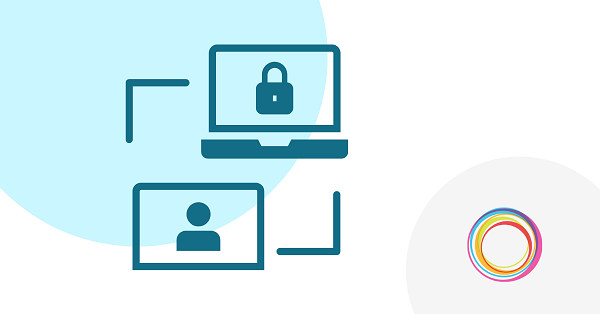Healthcare vendor management is an umbrella term for the processes hospitals use to manage vendors, including sourcing and researching suppliers, evaluating pricing, negotiating vendor contracts, ensuring timely delivery of goods and services, credentialing vendors, and controlling the time and location of vendor visits.
Why Vendor Management Is Important
Vendor management keeps your facility costs low while removing obstacles to delivering mission-critical goods. A good hospital vendor management system makes the vendoring process easier for all involved while encouraging the growth of strategic relationships between vendors and facilities.
5 Best Practices for Vendor Management At Your Hospital
Vendor management best practices control and reduce costs while securing data, improving risk management, and providing transparency and visibility for all stakeholders. In particular, five vendor management best practices help your facility get the most out of your vendor management system.
1. Enforce a clear data privacy policy
Your hospital vendor management system requires a clear data privacy policy to protect the facility, staff, vendors, and patients. Vulnerabilities in data security often develop when intersecting with third parties, and by definition, all vendors are third-party service providers. Conflicts between your facility's data policy and vendor policies can lead to unintended data breaches with corresponding legal, regulatory, or financial consequences.
The threat compounds with each third party you work with, as the more parties involved, the higher the risk of vulnerabilities cyber attacks can exploit. Initial cybersecurity risk assessments of vendors are important but cannot mitigate risk alone. Vendor management best practices call for ongoing automated monitoring of risk over the life of the vendor/facility relationship and play an important role in the vendor selection process.
2. Utilize vendor credentialing software
Automated vendor credentialing is an essential aspect of vendor management best practices. Hospitals and other healthcare facilities need verification that all vendors and vendor representatives meet the training, certification, and immunization requirements laid out by facility, local, and national policies. Verifying the credentials of even a small healthcare facility is a mammoth and ongoing task when performed manually.
A hospital vendor management system automates the credentialing process. Vendor credentialing software frees administrative staff for other tasks, is less time-consuming, and alerts facilities and vendors to credentialing issues and deadlines in real-time. The result is a more accurate, streamlined process that increases the efficiency of your credentialing process.
3. Maintain visibility into vendor presence onsite
Unauthorized site visitors present a challenge for hospitals. The sheer number of visitors to a facility over the course of a day makes manually monitoring guests difficult. Vendor management best practices include monitoring vendor representatives so everyone, including the vendor, knows where the representative is supposed to be, what areas of the site they are authorized to visit, and when the visit should occur.
4. Nurture relationships and promote transparency
Using a healthcare vendor management system to track and control vendor access to your site helps you develop vendor relationships. When all stakeholders know when and where vendor reps will be, the possibility of missed meetings and miscommunication drops significantly. Everyone can trust they contribute to your facility’s safe and secure environment while working to the benefit of all parties.
The transparency provided by vendor management best practices allows for honest dialogues and feedback for both vendor and facility. The expectations and needs of both parties are laid out in specific terms, helping you build on the partnership, negotiate prices, and maintain a collaborative relationship.
5. Evaluate vendor performance holistically to reduce risk
A rise in acts of violence in healthcare facilities since the beginning of the COVID pandemic highlights the need to track guests, including vendors. Vendor management best practices also mitigate less obvious risks, such as when onsite services are contracted out to third-party vendors and their staff.
Vendor management systems provide a one-stop dashboard for monitoring and evaluating risk. In addition to the daily benefits to facility security, vendor management best practices provide a framework for possible financial and legal liabilities in the event of a security risk. Everyone involved understands their roles and responsibilities, further reducing risk.
Final Thoughts on Vendor Management
Healthcare facilities benefit immensely from vendor management best practices. Hospital vendor management systems remove obstacles in the vendor/facility relationship, allowing for the safe, cost-efficient delivery and maintenance of the goods and services needed to improve the patient experience.
Need more information about vendor management systems? Check out our Vendor Credentialing Guide.




